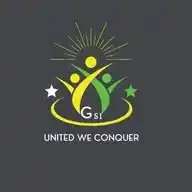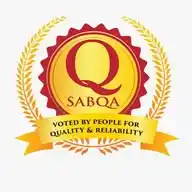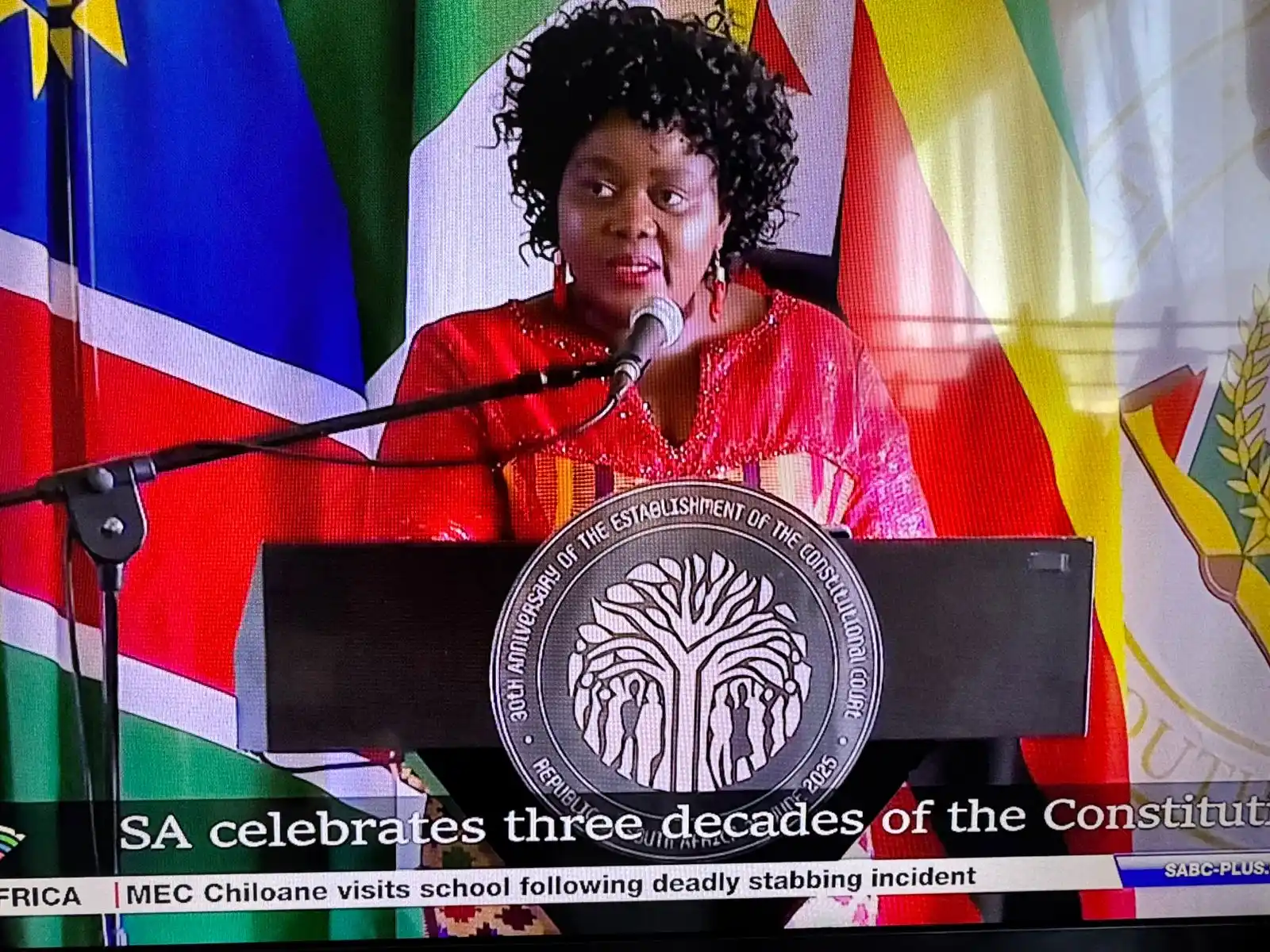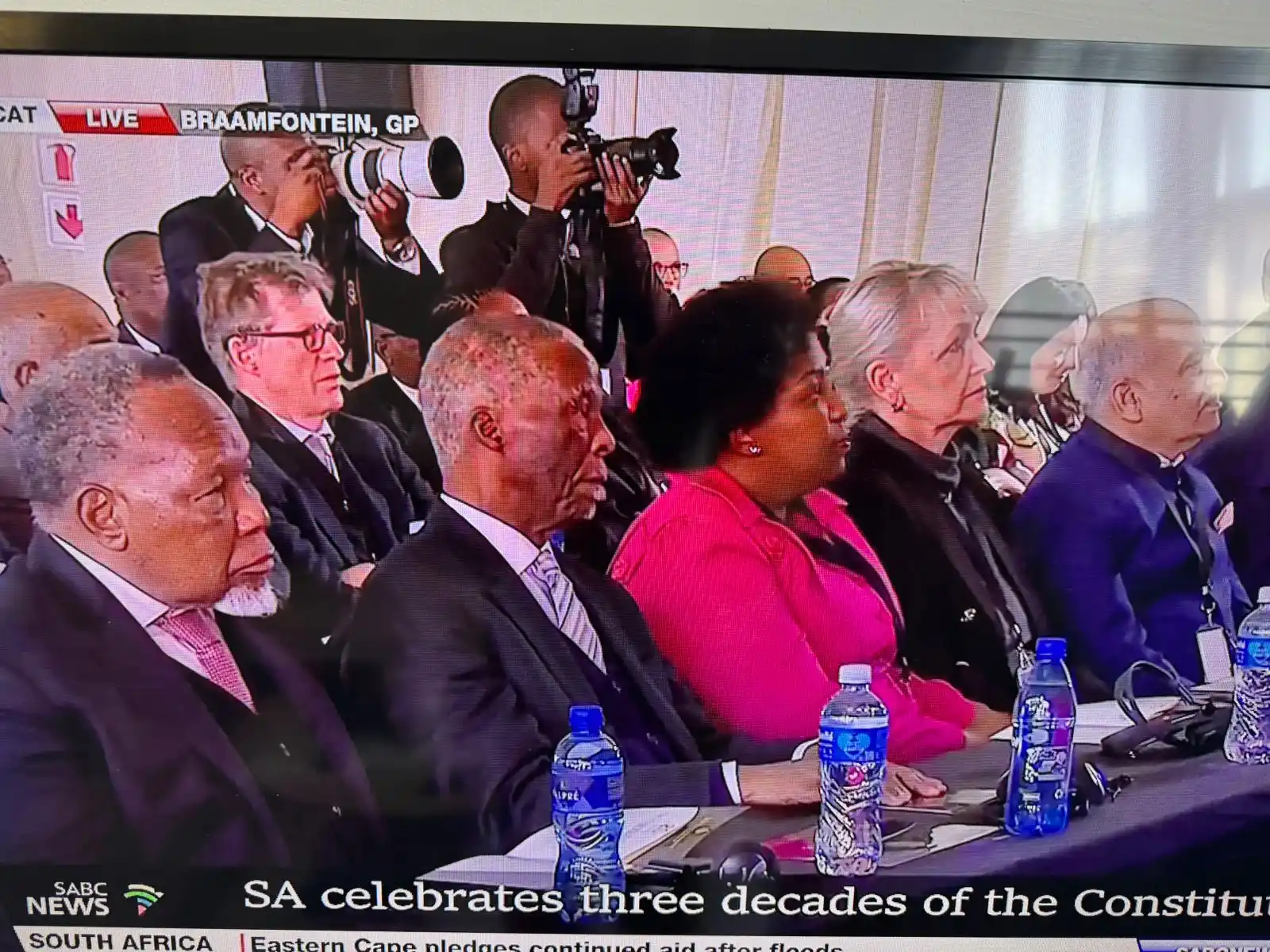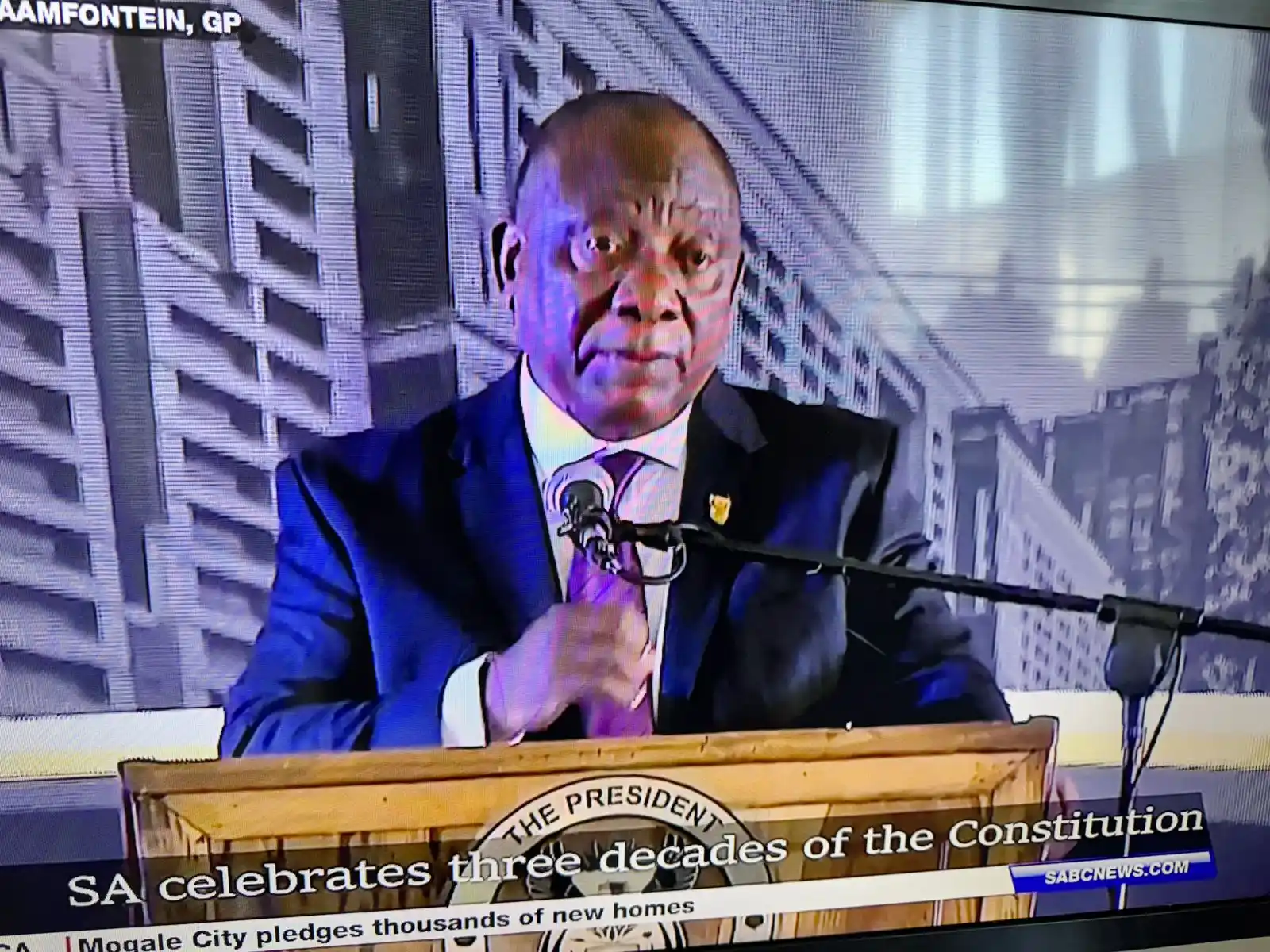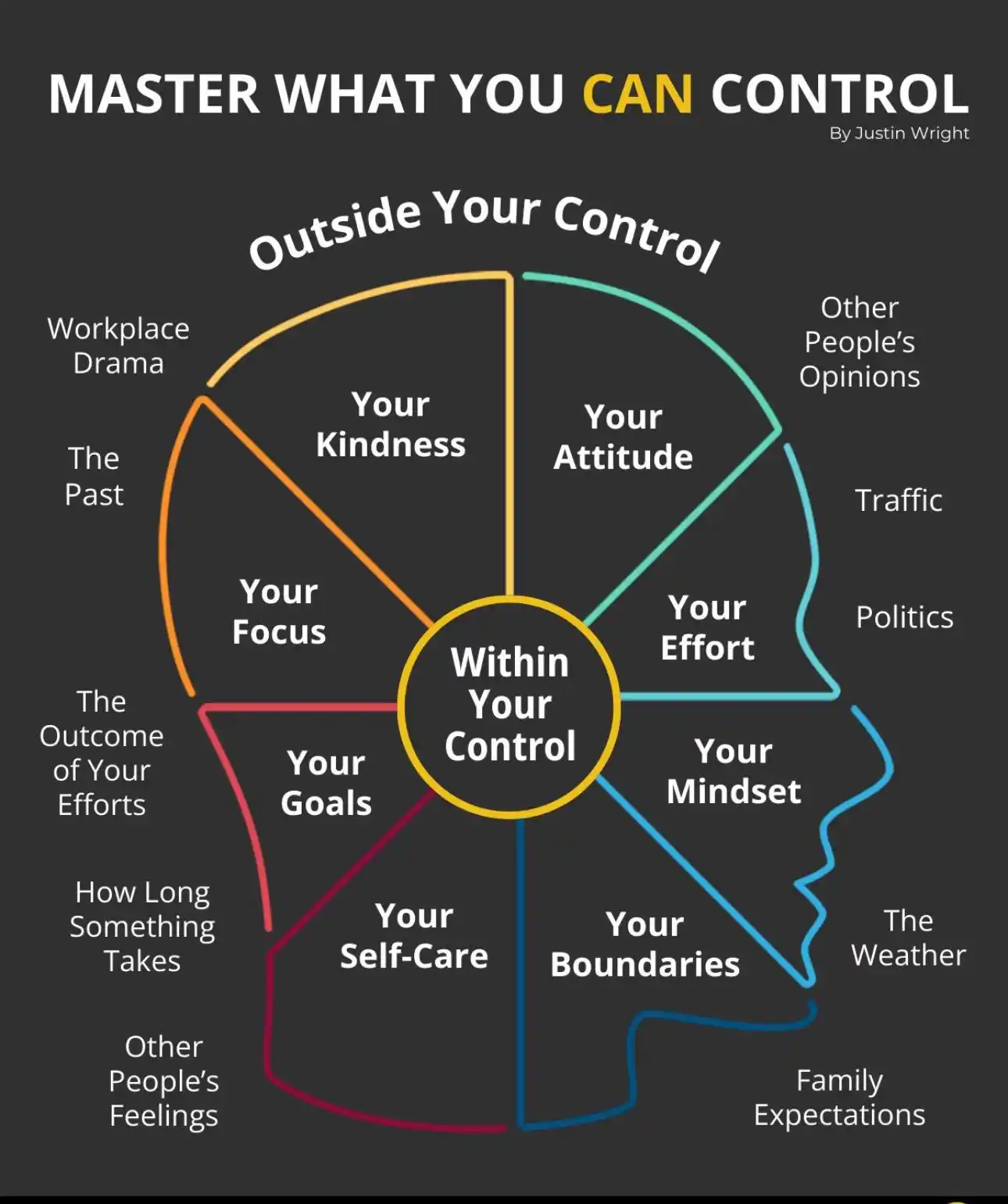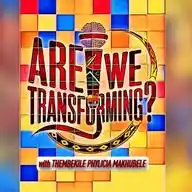
ARE WE TRANSFORMING? with Thembekile Phylicia Makhubele
50 subscribers
About ARE WE TRANSFORMING? with Thembekile Phylicia Makhubele
ARE WE TRANSFORMING is founded by Ms Thembekile Phylicia Makhubele, based in South Africa, who has identified gap and establish an online dialogue aimed at showcasing inspiring ordinary citizen, professionals and leaders in Africa and international. To epistemological engage on issues, factors and dilemmas affecting Africans in Africa and to enrich people's lives to realize their full potential in creating the future and exceeding their expectations. The engagement covers different topics providing opportunities for Africans in the continent and international to intellectually reflect on African views, African recommendations and Africans solutions for African problems. Invitation is extended to those who are Interested in participating as a guest, please contact us at : [email protected] or send an inbox. Disclaimer: All opinions expressed are made in my personal capacity and do not reflect the views or positions of any institution or employer I may be affiliated with. : https://youtu.be/4AOjzMTAemQ?si=LFFkJIr-SRO-4o7e You can also access us on the following platforms: FACEBOOK: https://www.facebook.com/arewetransformin TWITTER : @TransformingWe LINKEDIN: https://www.linkedin.com/company/are-we-transforming/ YOUTUBE CHANNEL : https://www.youtube.com/channel/UC7rWdGLWhq6dib3p7j_Q9uA
Similar Channels
Swipe to see more
Posts

𝘼𝙡𝙗𝙚𝙧𝙩 𝙀𝙞𝙣𝙨𝙩𝙚𝙞𝙣 once said; "𝑰 𝒔𝒑𝒆𝒂𝒌 𝒕𝒐 𝒆𝒗𝒆𝒓𝒚𝒐𝒏𝒆 𝒊𝒏 𝒕𝒉𝒆 𝒔𝒂𝒎𝒆 𝒘𝒂𝒚, 𝒘𝒉𝒆𝒕𝒉𝒆𝒓 𝒉𝒆 𝒊𝒔 𝒕𝒉𝒆 𝒈𝒂𝒓𝒃𝒂𝒈𝒆 𝒎𝒂𝒏 𝒐𝒓 𝒕𝒉𝒆 𝒑𝒓𝒆𝒔𝒊𝒅𝒆𝒏𝒕 𝒐𝒇 𝒕𝒉𝒆 𝒖𝒏𝒊𝒗𝒆𝒓𝒔𝒊𝒕𝒚."
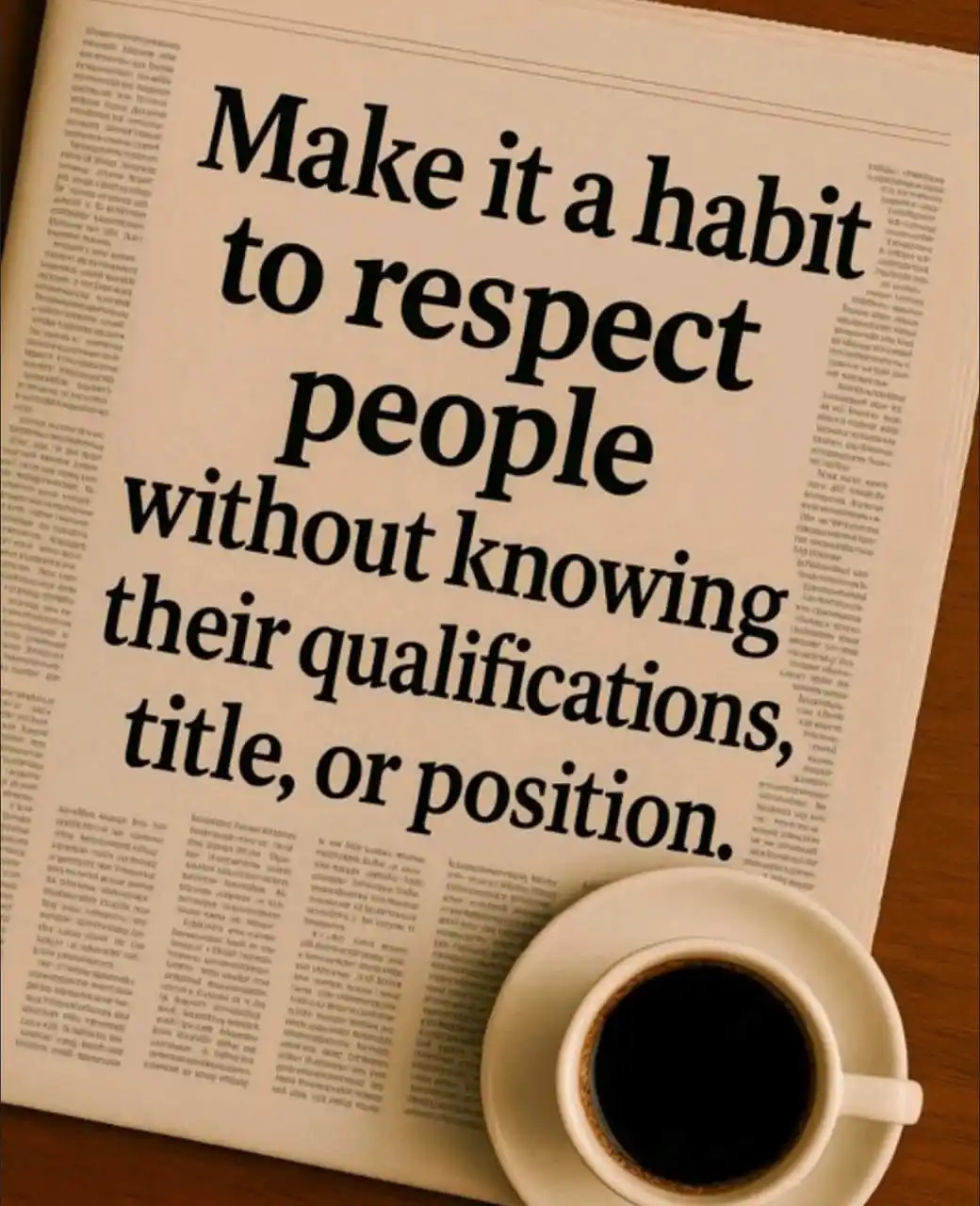

THE FULL-SERVICE ATTENDANT: A STORY OF YOUTH POTENTIAL IN A STRUGGLING ECONOMY I pulled into a local filling station recently, not expecting anything more than the usual: “How much, ma’am?” followed by a silent transaction. But instead, I encountered a moment that stayed with me, a quiet reminder of the brilliance that exists around us, often unnoticed. There was a car ahead of me, and I watched a young petrol attendant serve it with intention and care. He didn’t just pump fuel. He checked tire pressure, cleaned the windscreen, and interacted respectfully and professionally. It was what some might call a “full service”, something I hadn’t seen in that filling station. When it was my turn, I realized this wasn’t a once-off. He offered me the same attention to detail, without being asked. He didn’t rush through the job. He took pride in it. I smiled and told him I had been watching him serve the car ahead of me and wanted to thank him for his excellence. I gave him a small gift and asked if he was studying. His eyes welled up with tears as he said, “No, I ended at Grade 12.” He wasn’t studying. He wasn’t working toward something else. This was it. And yet, here was a young man performing a routine job with uncommon grace and integrity. I told him: “Your work ethic is too good to only be here. You should study part-time, you’d do well anywhere.” He nodded with sad eyes, thankful but weighed down by what I suspect is a heavy story he didn’t share. 🌺Hard Work Is Not the Problem, Brilliance Without Opportunity. That young man represents millions of young South Africans, bright, capable, willing to work, but stuck in a system that doesn’t support their potential. He did a full-service job, not because he was asked, but because excellence is in his nature. That’s something no school can teach and no money can buy. But what happens to young people like him when no one sees them? When no one reaches out? When their potential goes unnoticed or worse, ignored? We need to stop equating where young people are with what they’re capable of. And we need to start spotting and supporting youth excellence wherever we see it. 🌺Spot and Support Youth Excellence, where it happens, whether it’s in a petrol station, a supermarket, or a street corner hustle. 🌺Challenge the narrative that youth are lazy or entitled. Most of them are not. 🌺Many are stuck in survival mode, doing their best without much to work with. 🌺Support it in small but meaningful ways a word of encouragement, a lead on a bursary, a pamphlet, a phone call. 🌺A National Attitude Shift I’ll Be Going Back, to share info,because I said I would, because he matters, and because I believe in the power of small interventions. 🇿🇦You don’t need to be a politician or a millionaire to change someone’s life.Sometimes you just need to notice.To speak and act. 🇿🇦Let’s choose to see our youth not for where they are, but for where they could be.Choose to spot & support youth excellence.


DEGREES VS DELIVERY: Rethinking What It Means to Be “Professional” in the Public Sector. Note: Writing in my personal capacity as a private citizen of South Africa.🇿🇦 Some provinces has one of the most academically qualified cohorts of senior managers in the country. Many hold Honours degrees (NQF 8), and a significant number have Masters qualifications—a level of education that should, in theory, drive excellence in governance and service delivery. Yet, paradoxically, these provinces consistently ranks low in matric performance, and service delivery failures remain widespread in health, water, roads, and infrastructure. On the other hand during my time working in the Western Cape, they did not have a high concentration of degree-holding public servants. Yet, its performance and strategic thinking consistently stood out. What made the difference was a balanced approach: the province valued both experience and push for Recognition of Prior Learning (RPL) and academic qualifications. This blend created a results-driven culture with wealth of experience that has kept the Western Cape among the best performing province to date. Which raises an important question: Is our growing reliance on qualifications, without sufficient experience, actually costing the country more? THIS CONTRADICTION RAISES FURTHER SOBERING QUESTION: Does a Master’s degree automatically translate to public sector professionalism? The evidence suggests otherwise. While academic qualifications are valuable, they are not the only measure of competence, leadership, or ethical public service. Professionalisation must go beyond the paper to include accountability, systems thinking, emotional intelligence, ethical governance, and community-rooted leadership. The public is not asking for more degrees they’re asking for functioning clinics, safe schools, water, and respectful service. If we are to truly professionalise the state, we must: 🇿🇦Pair qualifications with a culture of delivery and accountability; 🇿🇦Push the Recognition of Prior Learning RPL) which would ensure that experience becomes a mix with the academic heavy approach. 🇿🇦Recognise and harness institutional knowledge; 🇿🇦Reward results and ethical behaviour, not only academic achievement. Let us not confuse credentials with competence. South Africans deserve a public service that delivers—qualified, yes—but more importantly, capable and committed. #Leadership #Governance #PublicService #Professionalisation #ServiceDelivery #Limpopo #SouthAfrica Check the article: https://theweeklyvisionews.net/2025/06/18/degrees-or-dismissal-psc-directive-sparks-turmoil-in-kenyas-civil-service/
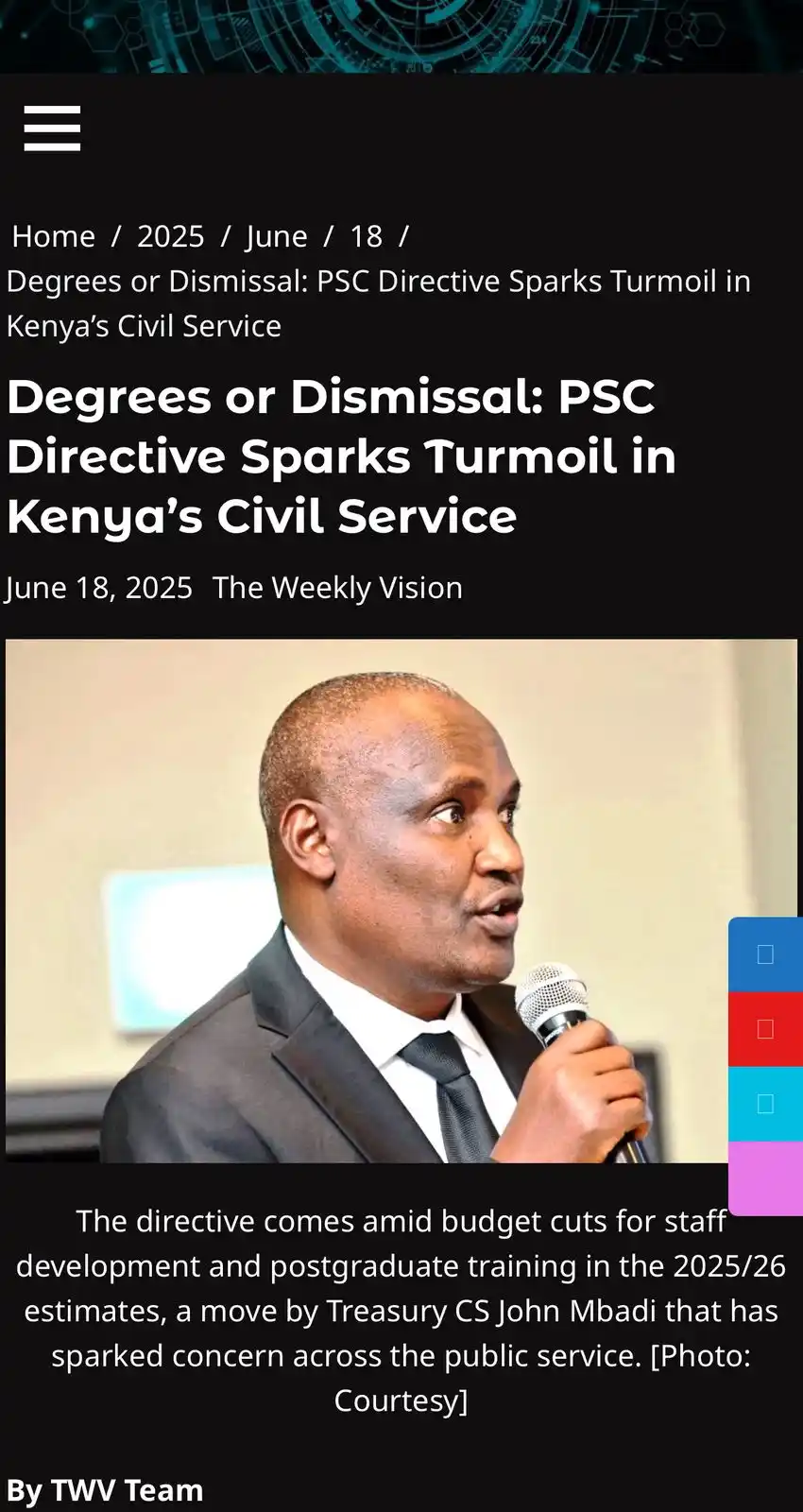

CELEBRATING THE CONSTITUTIONAL COURT ESTABLISHMENT, BUT WHAT ABOUT ACCESS? South Africa rightly celebrates the establishment of the Constitutional Court a vital institution that symbolises our democracy, human rights, and constitutional supremacy. But as we celebrate its existence, we must also confront a difficult truth: ⚖️ Not all rights are realised. Many South Africans, especially the poor, rural, marginalised, and even public servants,continue to face systemic barriers to exercising their constitutional rights. 💰 ACCESS TO JUSTICE REMAINS A PRIVILEGE. For an ordinary citizen, 🇿🇦the Constitutional Court and courts in general remain financially and procedurally inaccessible. 🇿🇦The cost of legal representation and the complexity of the system exclude those who arguably need it most. 👩🏽💼 EVEN IN PUBLIC SERVICE, IGNORANCE OF THE CONSTITUTION PERSISTS. Many government departments and institutions have not meaningfully trained implementers public servants on the rights and obligations enshrined in the Constitution. THIS LACK OF TRAINING RESULTS IN: 🇿🇦Misinterpretation of constitutional principles, 🇿🇦Punishment of individuals for constitutionally protected actions, and 🇿🇦A culture where compliance is inconsistent and influenced by political or personal agendas. 📢 INSTITUTIONS EMPOWERED TO EDUCATE THE PUBLIC ON: Constitutional rights must extend their focus to include internal education for public servants. This is essential to: 🇿🇦Prevent wrongful decisions, 🇿🇦Promote ethical governance, 🇿🇦Ensure justice is not just theoretical, but truly accessible and lived. As a PRIVATE CITIZEN and career public servant, I strongly believe that : 🇿🇦celebrating constitutional democracy must go hand in hand with demanding its full implementation. 🇿🇦A Constitutionan Court that’s not accessible is a right denied. 🇿🇦A right misunderstood is a freedom at risk. 🔒 DISCLAIMER: This reflection is shared in my personal capacity as a private citizen and professional, and does not represent the views or positions of any institution or employer. #ConstitutionalDemocracy #AccessToJustice #PublicService #EthicalLeadership #HumanRights #ImplementationMatters
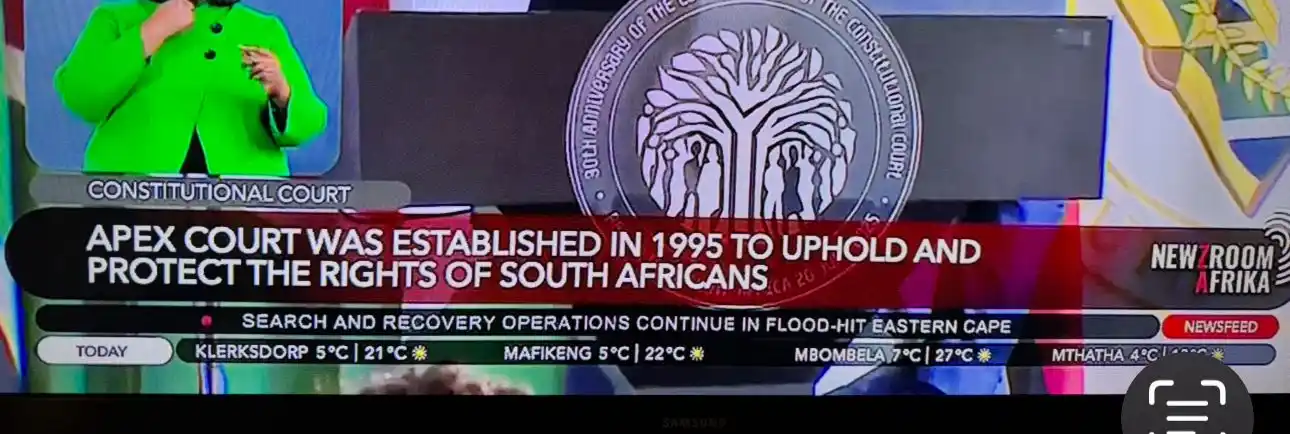

OPINION: THE INTEGRITY OF HR BEGINS WITH CONFIDENTIALITY- Without it, organisational integrity begins to erode. By Thembekile Phylicia Makhubele My first on-the-job training was in Human Resources, and as a student of Public Administration, one lesson was etched into my professional conscience from day one: CONFIDENTIALITY IS NON- NEGOTIABLE. HR practitioners are entrusted with the private details of people’s lives, performance records, disciplinary matters, grievances, personal circumstances, even medical conditions. This is not casual information. It is sensitive. It is sacred. And it must be handled with the utmost care and integrity. The integrity of any organisation begins with the integrity of its Human Resources function and that begins with confidentiality. Once that’s lost, what follows is the slow, silent erosion of trust, ethics, and ultimately, the institution itself. SO WHAT HAPPENS WHEN THIS TRUST IS BROKEN? What happens when HR is infiltrated by people who speak without restraint whose mouths run like unchecked diarrhoea, spilling secrets in corridors and boardrooms, in hushed conversations and casual gossip? What Happens Is Simple and tragic,: the organisation begins to die. LEAKING CONFIDENTIALITY IS MORE THAN UNPROFESSIONAL, It’s Destructive. Once HR information becomes gossip fodder, cliques form. Whispers replace facts. The corridors of professionalism turn into battlegrounds of manipulation and fear. People start to wonder: Who knows what about me? Who’s talking? Am I next? Trust the invisible glue that holds teams and institutions together disintegrates. And in its place, a toxic culture flourishes. HR, instead of being a sanctuary of support and fairness, becomes a strategic tool for targeting individuals — often the very people who ask difficult questions or speak truth to power. WEAPONISING HR IS ORGANISATIONAL ABUSE. This is not just a breach of protocol. It’s an abuse of institutional power. When HR data is used to “deal with” people rather than serve them when files are pulled, stories are spun, and character assassinations are disguised as policy enforcement we are no longer dealing with poor practice. We are dealing with organisational bullying dressed in HR uniform. The damage is psychological, professional, and systemic. The victims often suffer silently anxiety, reputational harm, career stagnation, and sometimes the quiet exit of good people who simply can’t take the toxicity anymore. And worse still is when power-hungry leaders drive this culture when they enable or encourage the misuse of HR systems to control, intimidate, or sideline those they perceive as a threat. That’s not leadership. That’s fear in a tailored suit. THE COST OF LOSING TRUST IN HR Once employees lose faith in HR’s impartiality and confidentiality, they lose faith in the organisation as a whole. You can’t ask people to give their best in an environment where they don’t feel safe, heard, or respected. You can’t build an ethical institution when the very unit meant to protect fairness is complicit in its destruction. It is a slow, quiet unraveling. And by the time the signs are visible at the top, high turnover, disengagement, whistleblower complaints, and reputational damage the damage has already been done. A CALL TO PROTECT INTEGRITY OF HR It doesn’t matter how visionary your leadership is, how polished your strategy looks, or how well-funded your initiatives are, if your HR function is unethical, your institution is at risk. Confidentiality is not an administrative detail. It is the moral heartbeat of public service. It is the foundation of dignity at work. And those who cannot honour it should not be anywhere near the files or the people behind them. #writtinginmypersonalcapacity
